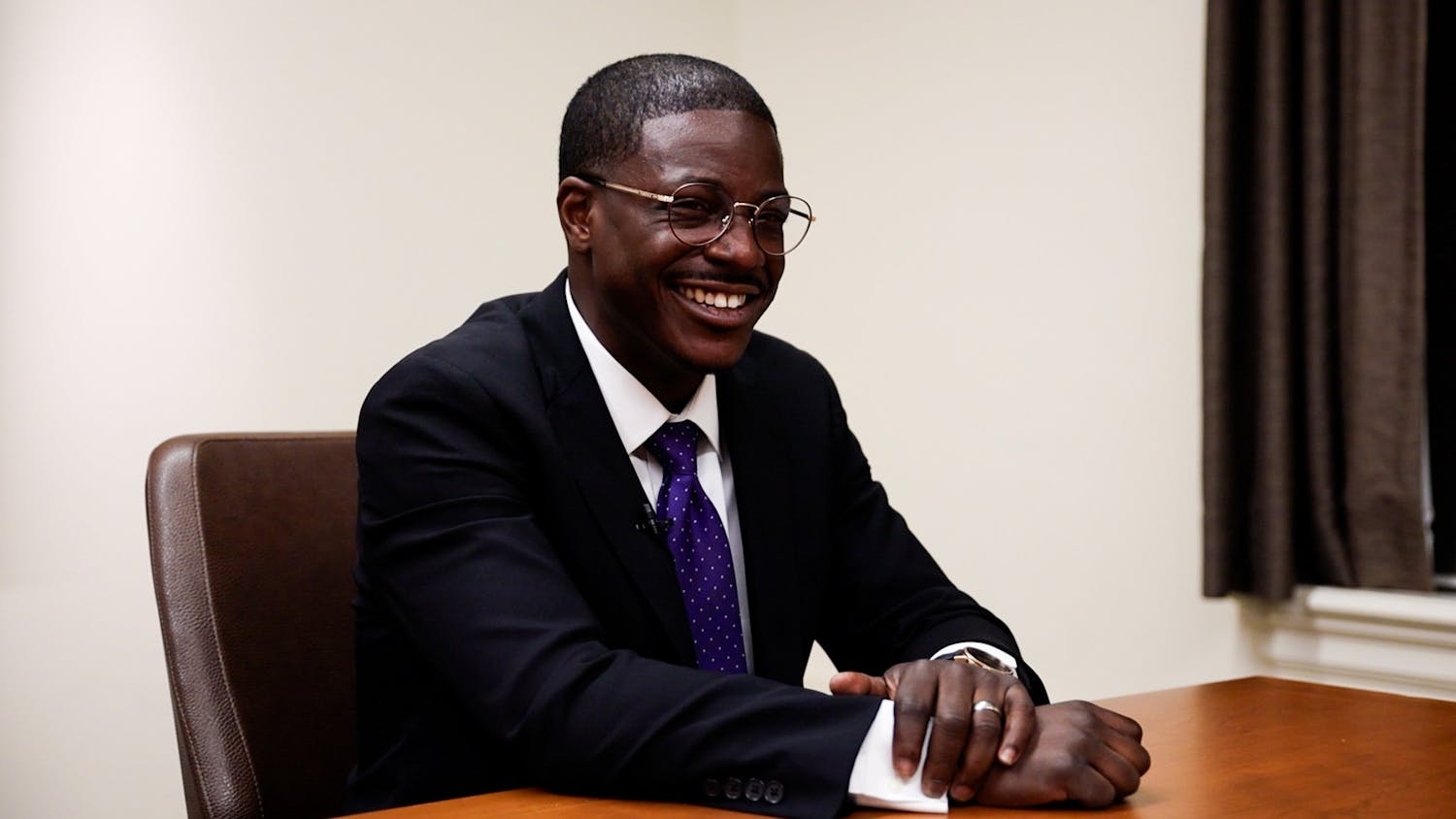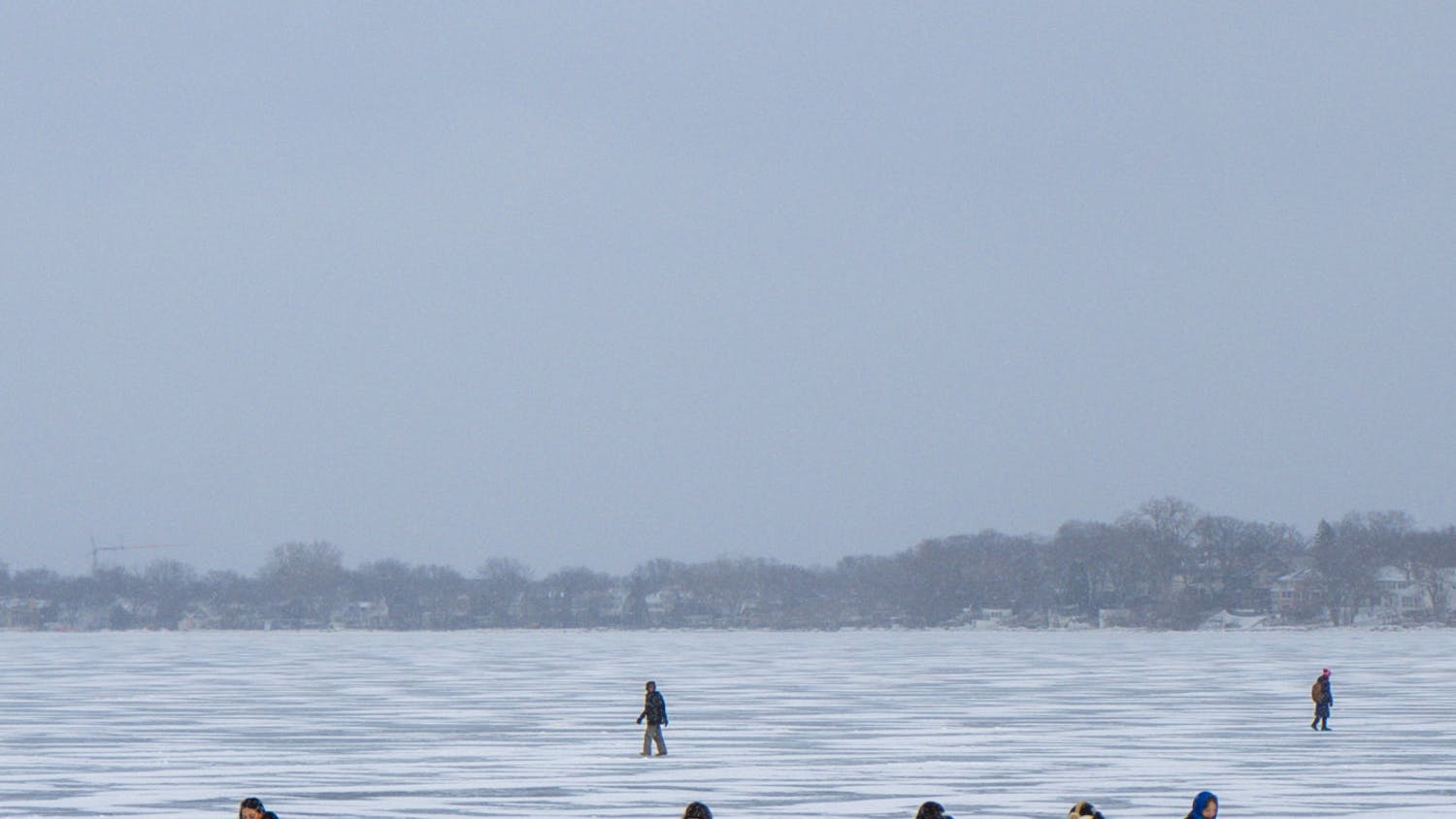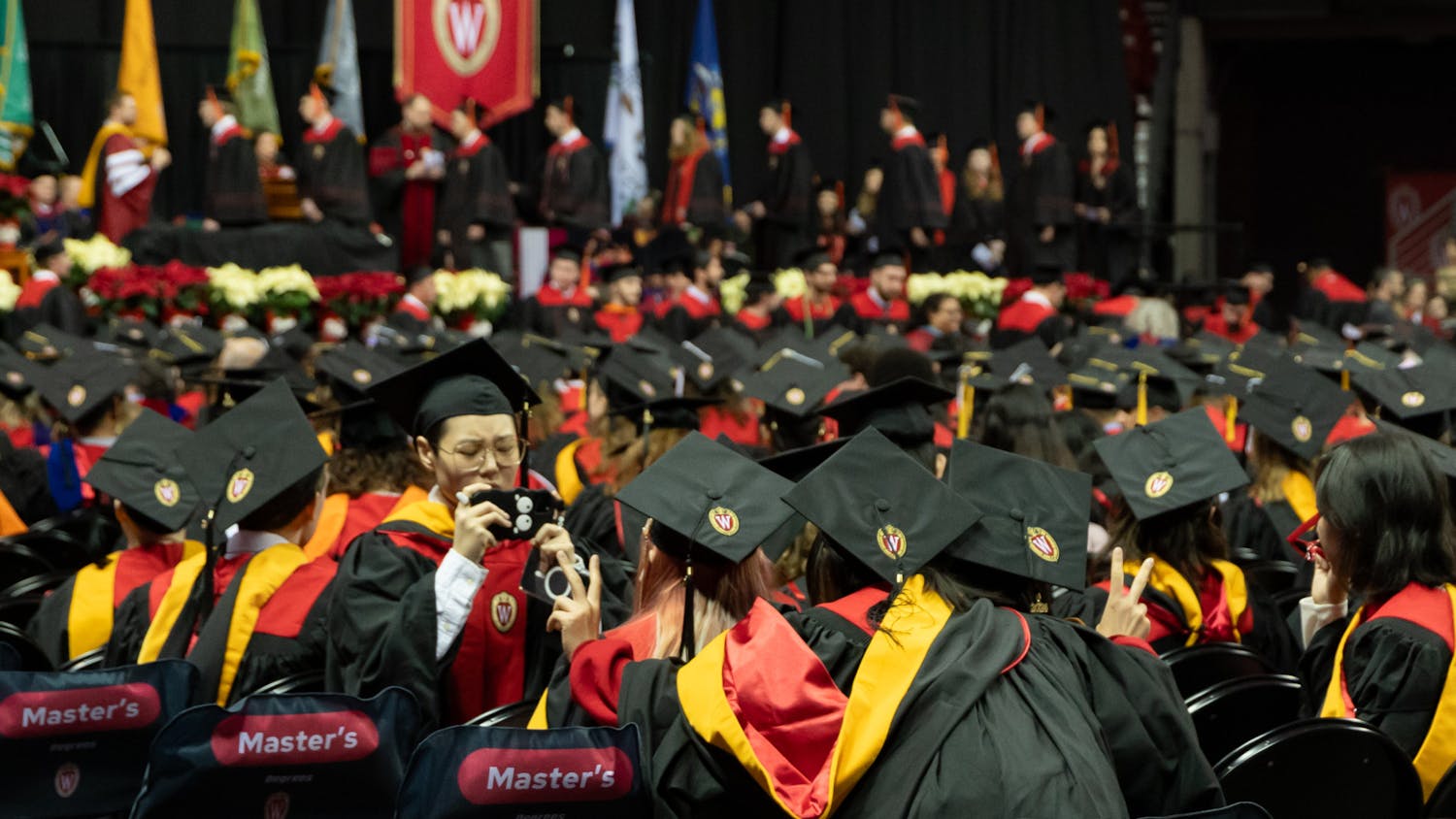While I understand Eric Stringfellow's effort in his Feb. 11 article ""Climate change debate pits science vs. politics"" to rightfully make clear that minority views do exist in the global warming debate, simplistic articles such as these are part of what make the climate change debate very difficult.
Yes, it is important to recognize it is NOT unanimous among all scientists that humans are the primary and dominant cause of recent global warming. But making generalized claims without evidence does not help average readers in their understanding of a very complex political/scientific issue.
Stringfellow quotes Timothy Ball as stating, ""Believe it or not, global warming is not due to human contribution of carbon dioxide,"" without giving any further explanation of what he believes is the true cause.
Furthermore, he compares the incorrect fears of a global ice age in the 1970s with present day global warming concerns. However, it is clear current global warming concerns are a manifestation of 150 years of relatively rapid warming, while the global cooling hysteria—which Stringfellow also states was not a widespread view—was based upon a slow cooling trend of only a couple of decades.
While it is important to emphasize science is built on skepticism, implanting random concepts of skepticism into readers' heads without a deeper understanding leads them to believe global warming science is nothing more than a single graph extended into the future.
Similarly, Stringfellow's claim that it is vital ""we face climate change effectively"" has no real meaning to a reader other than to implant random doubts in the mind without giving them any information with which to assess those doubts.
The fact is, increasing greenhouse gases will warm the Earth based on principles of physics, but we really don't know how the climate system will react because of inherent feedbacks in the system—it could warm dramatically, or it could have no impact at all.
The fact we are seeing a highly correlated warming trend (a correlation that is very strong dating back 650,000 years according to ice core data) suggests this anthropogenic greenhouse effect is a likely candidate. Correlation does not imply causation, but correlation, coupled with physics and historical data, can suggest it is a strong possibility.
Dan Chavas
UW-Madison senior
Atmospheric and Oceanic Sciences





